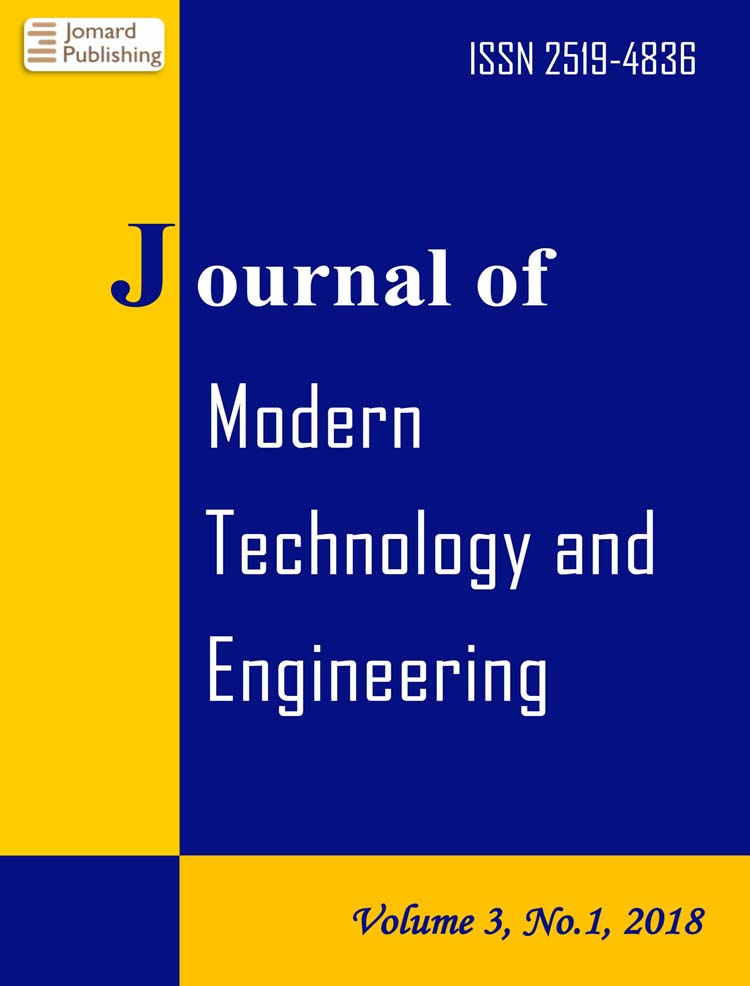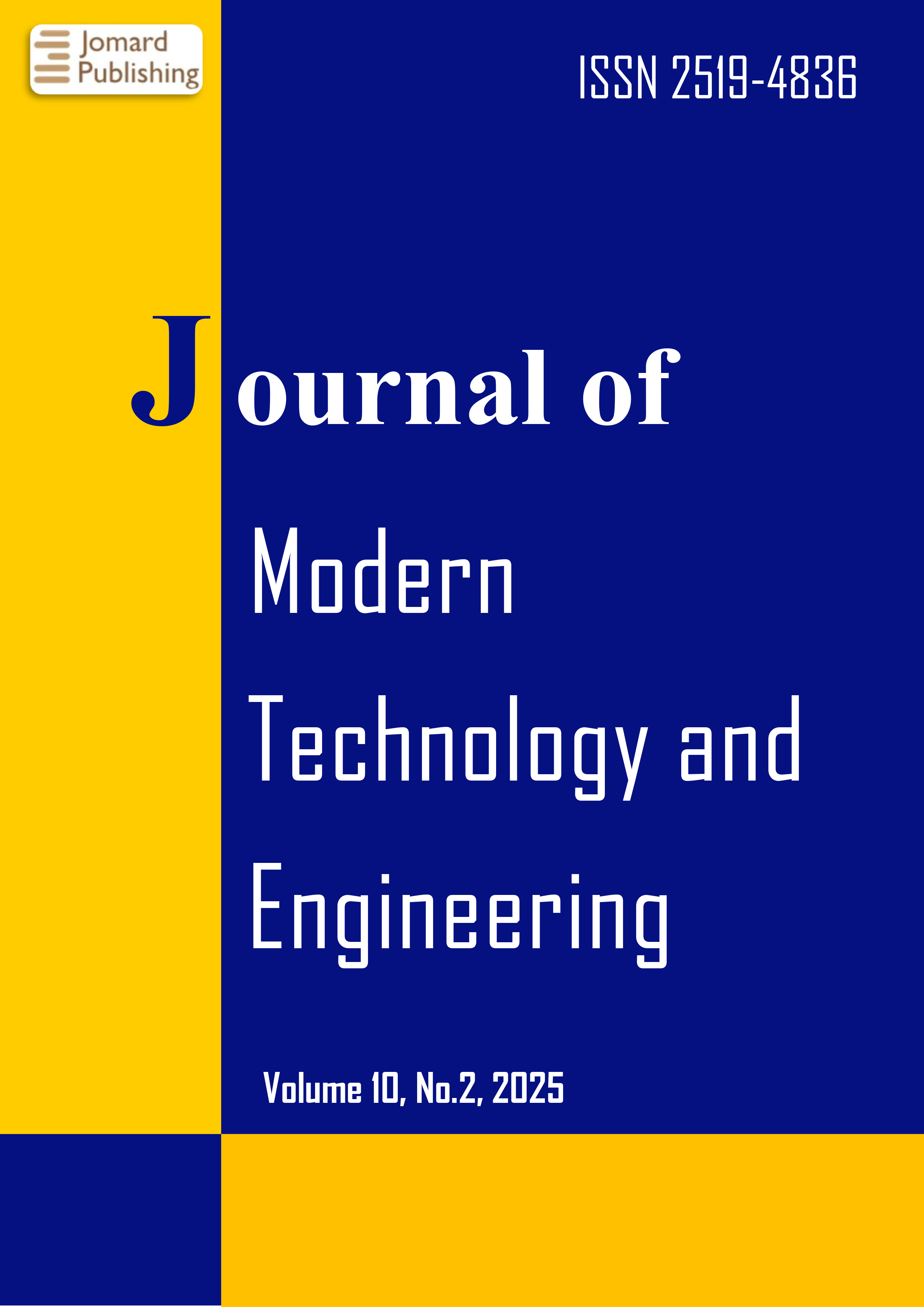Enhancing Transparency in Batna's Public Transportation: A Cost-Effective Real-Time Bus Tracking and Route Optimization System
- Published: 11-09-2025
Share
Public transportation in Batna suffers from a lack of transparency, leading to inefficiencies, unreliable schedules, and a poor commute experience. This thesis presents a comprehensive and cost-effective bus tracking system that aims to modernize public transportation in the city. The proposed solution integrates a GPS-enabled Raspberry Pi device for real-time location tracking, an AI-powered backend that uses long-short-term memory (LSTM) networks for accurate estimated arrival time (ETA) predictions, and a mobile Android application for user interaction. The system also incorporates Dijkstra’s algorithm to offer optimized route planning. The emphasis was placed on low-cost hardware, lightweight web frameworks such as Flask, and secure communication via HTTPS and DDNS. The developed platform was tested and validated through real-world simulations, demonstrating significant improvements in route accuracy, ETA reliability. This work offers a modular and scalable foundation for improving public transportation in resource-constrained urban environments.
- View 522
- Downloads 104
- Saveds 1
- Citations (Crossref) 0

